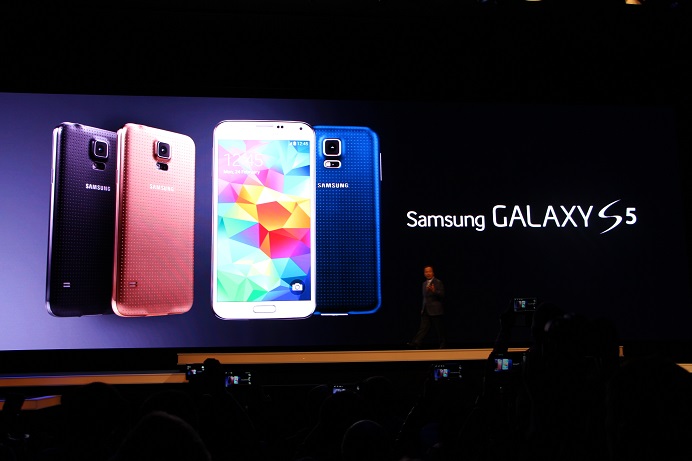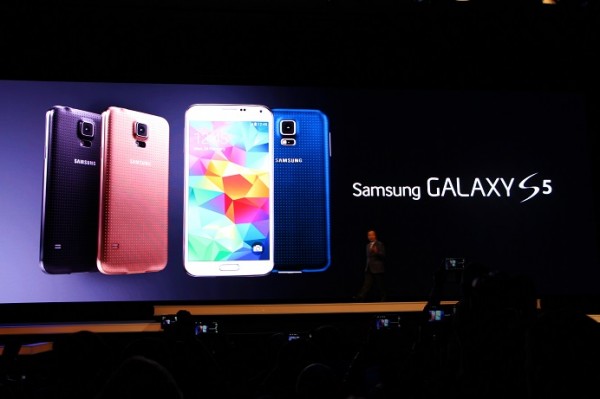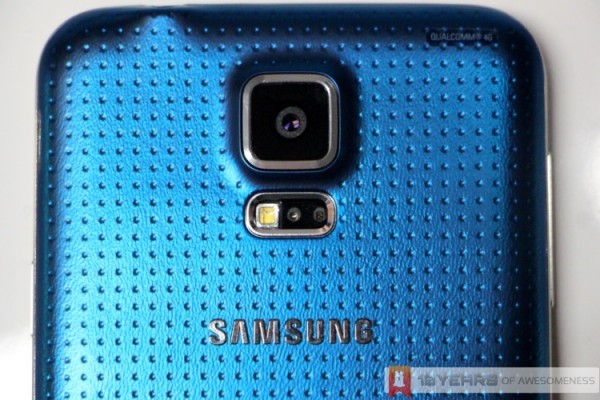In the first three months since its release, Samsung’s 2014 flagship smartphone, the Galaxy S5, sold 40% less units compared to its predecessor, the Galaxy S4, in that same time frame. This startling statistic proved to be a precursor of the Korean giants’ poor performance so far this year, resulting in its first-ever drop in quarterly profits in three years.
Released in over 150 countries sometime in late March this year, sales of the Galaxy S5 had initially been strong, with Samsung going on record in the Wall Street Journal to say that the company sold 11 million units of the flagship smartphone within its first month of availability. Now, the Wall Street Journal states that in three months, sales of the Galaxy S5 was only 12 million – which means that Samsung only managed to sell one million more S5 smartphones in the next two months after its release.
Obviously, something’s not right. One million units sold in two months is surely impossible for a company of Samsung’s stature, so it could be that Samsung’s initial 11 million units sold were actually 11 million units shipped to carriers around the world, and remained with carriers which are unable to sell them to consumers.

This latter explanation also tallies with the WSJ’s report which states that the S5 smartphones were “piling up” in warehouses around the world, requiring Samsung to spend more in marketing to sell the devices.
Nevertheless, the painful statistic for Samsung is the fact that in its first three months, the Galaxy S4 sold a total of 16 million units – four million more than the much-hyped Galaxy S5 in the same period.
Naturally, things aren’t looking to well for what is still the world’s top smartphone maker. The company is now looking at ways to reverse this slide, given the huge profits the mobile division brings in ever year. One idea is to reduce the company’s 2015 smartphone portfolio by up to 30%; though it sounds counter-intuitive, it does make sense to focus on less products with higher quality than the staggering 56 smartphones it released this year.
Another move, rumoured by the WSJ, is to have a managerial shake-up of Samsung’s mobile division. Current Co-CEO JK Shin, currently handling the mobile business, may be removed from his role and be replaced by one of Samsung’s two other Co-CEOs, who each manage two of Samsung’s other major divisions, Home Appliances & Television as well as Semiconductors.
Whatever Samsung chooses to do, it had better do so swiftly. Its poor 2014 performance is not just attributed to its underwhelming performance of the Galaxy S5, as the emergence of Chinese smartphone makers exploring the global market have freely chomped away at Samsung’s market share. Companies such as Xiaomi in particular produce smartphones with powerful hardware at competitively low price points – a trait that Samsung had previously been known for several years back – allowing these companies to quickly gain a foothold in the lower-to-mid-end market.
(Source: Wall Street Journal)
Follow us on Instagram, Facebook, Twitter or Telegram for more updates and breaking news.





